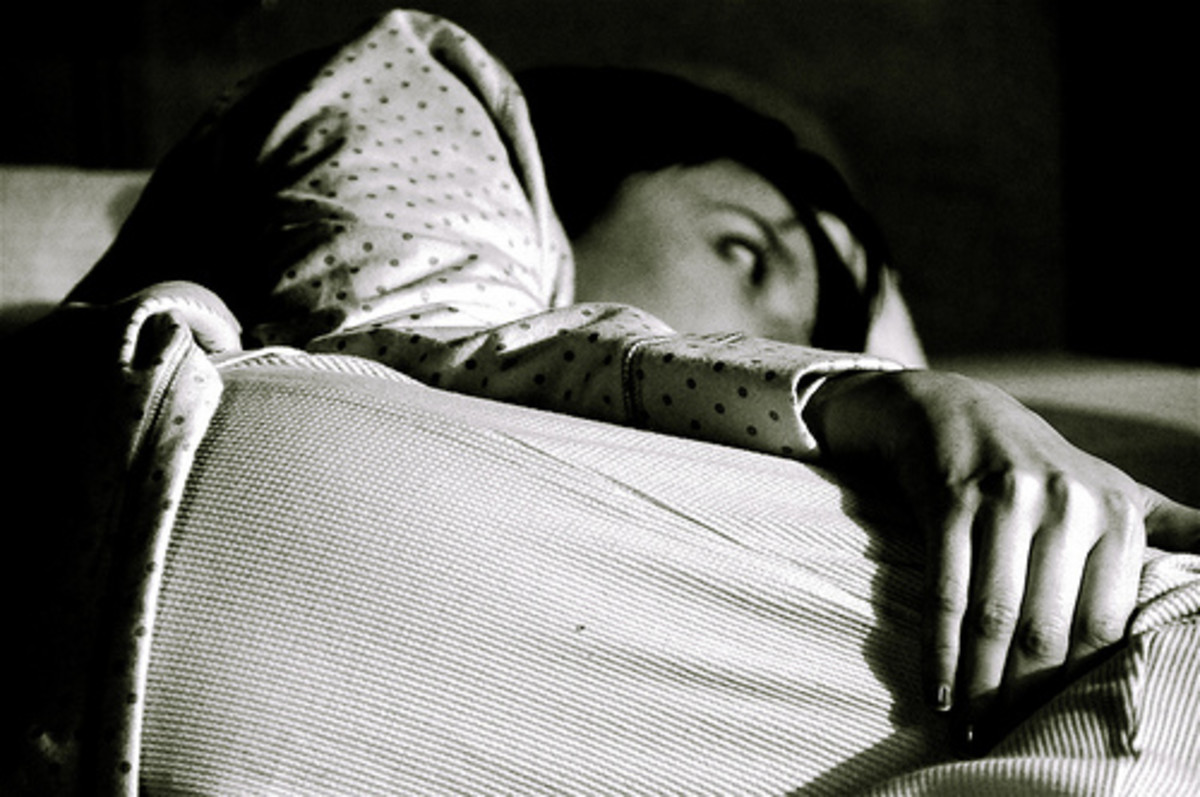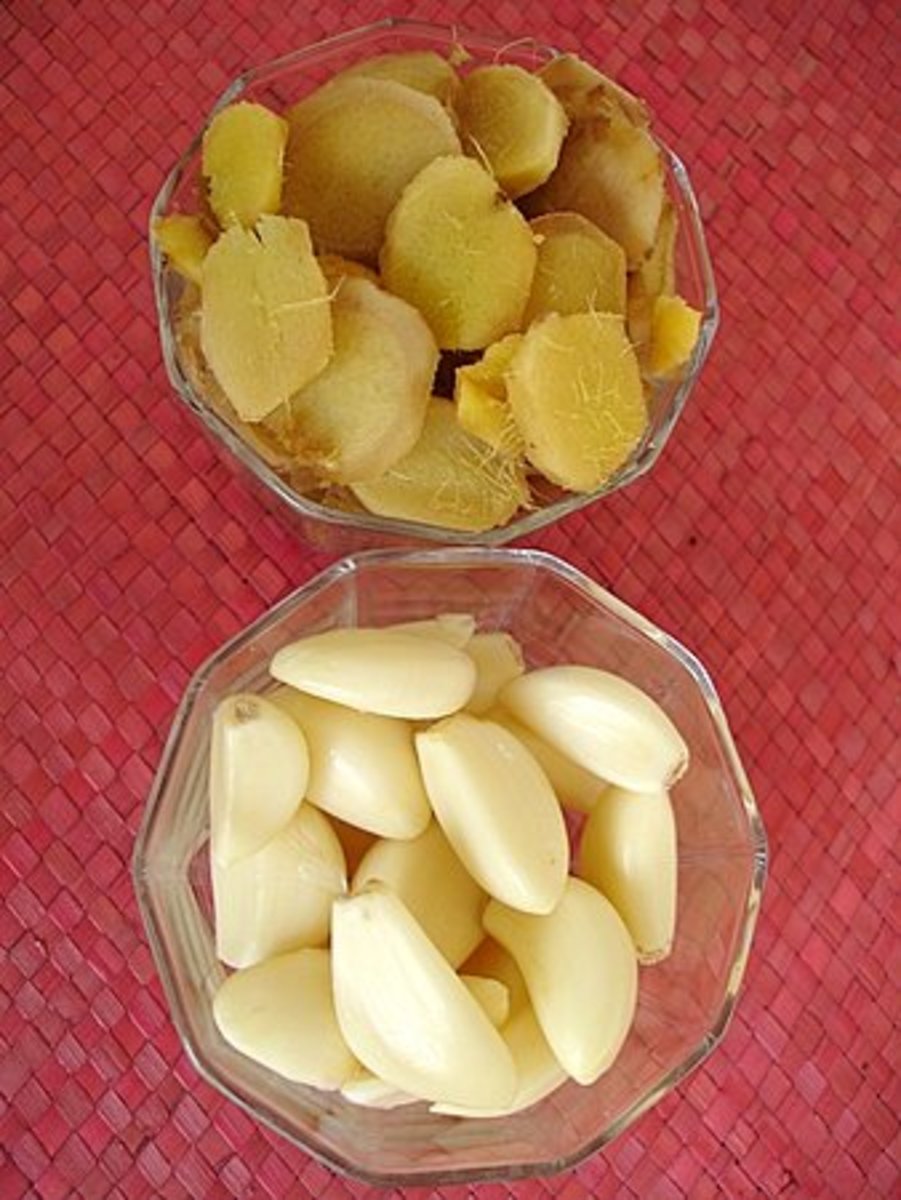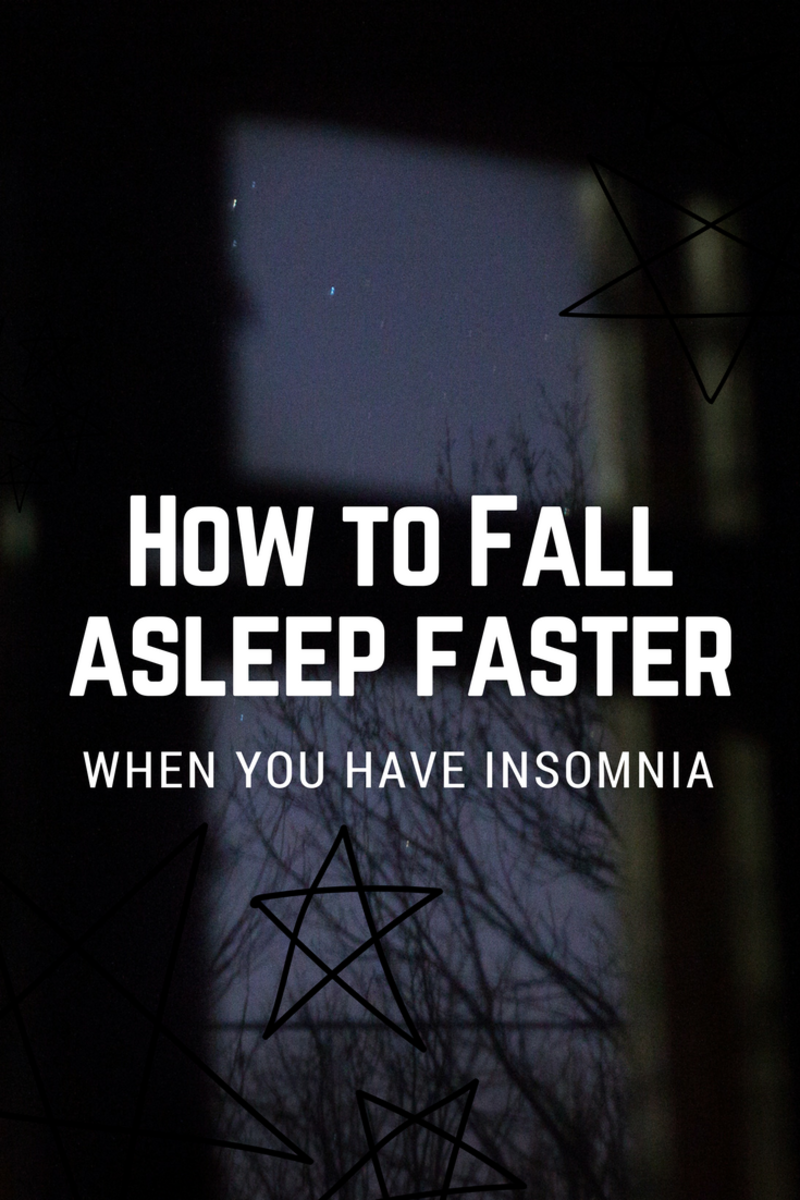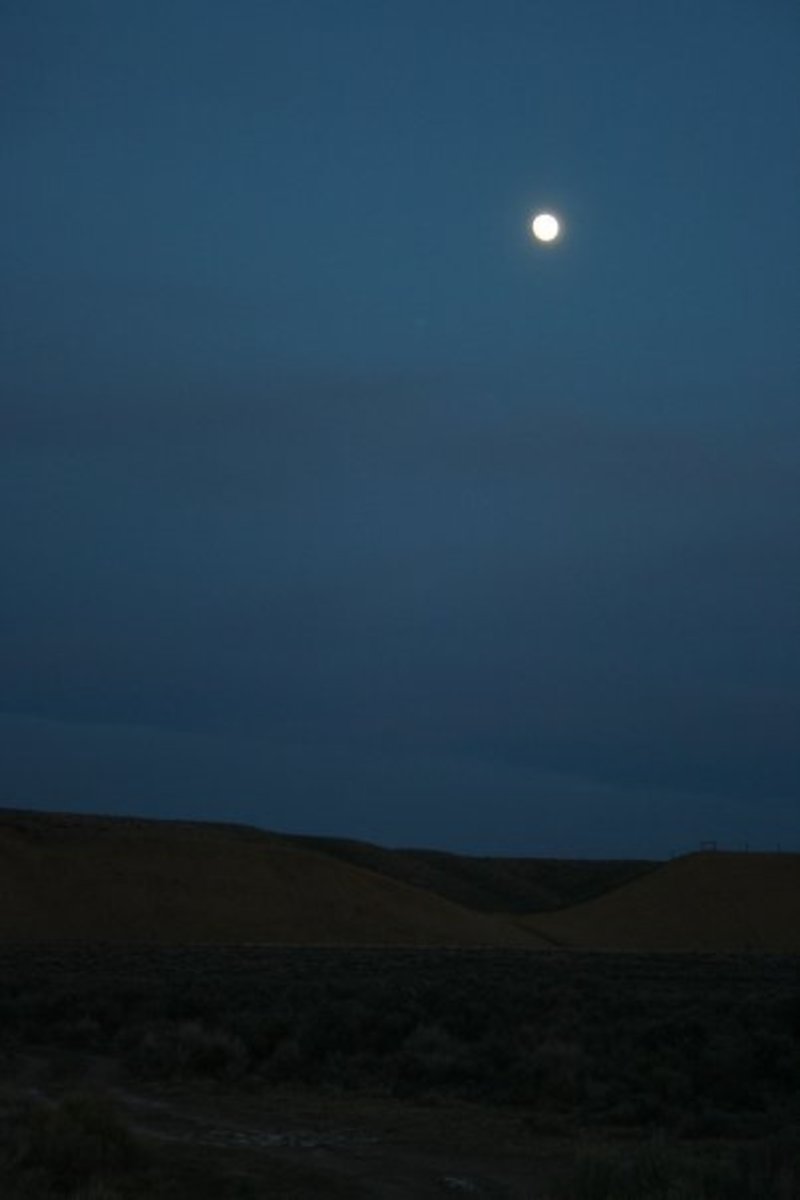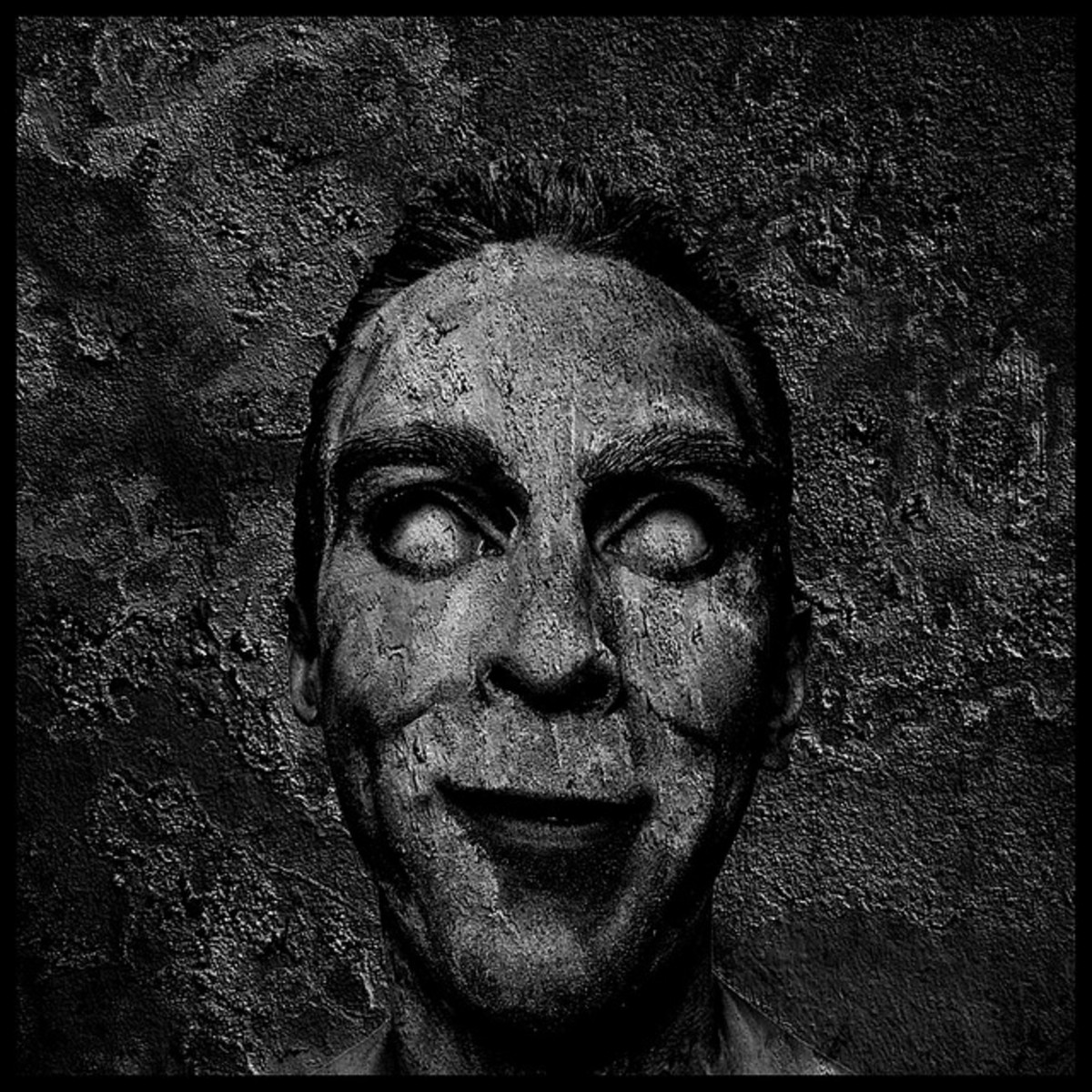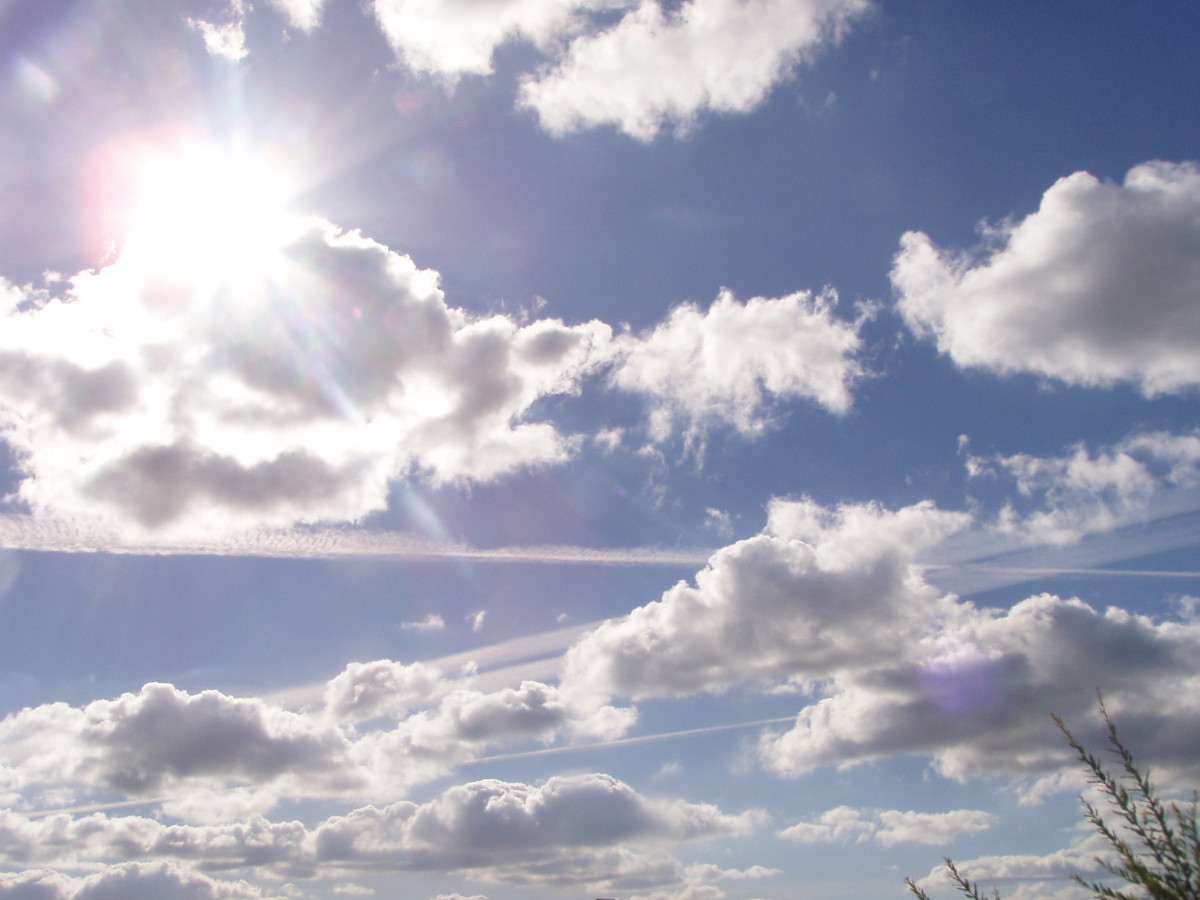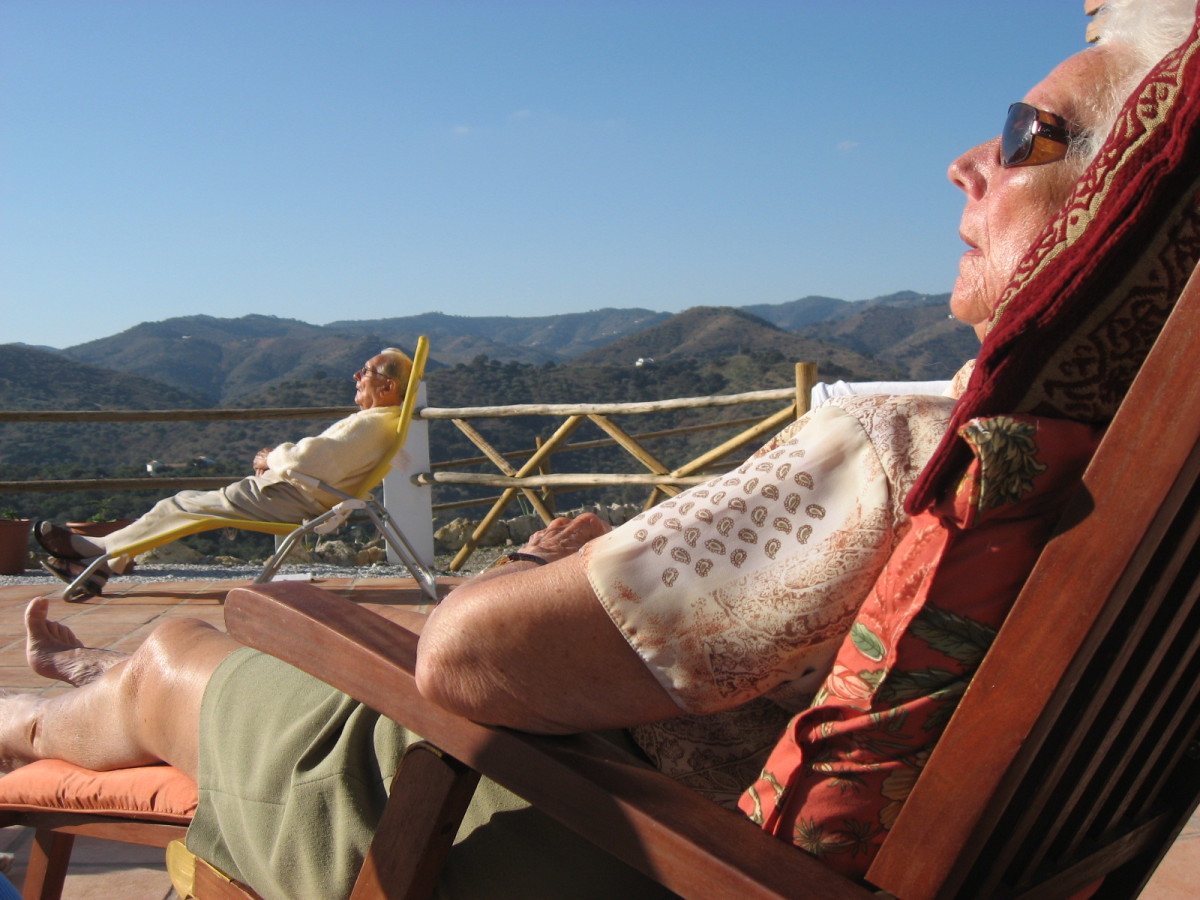Insomnia Symptoms and Natural Sleep Aids
Insomnia
Anyone can experience insomnia symptoms, and natural sleep aids are the best course to follow.
Everyone experiences insomnia at sometime or other. The odd sleepless night is a nuisance, makes us grumpy the next day, but generally leads to a good night's sleep the following night.
For many people however, this insomnia will continue night after night, which becomes a very serious problem, and can affect the health quite badly.
As insomnia is not a disease, there is no cure as such. It is a symptom, often of a serious illness, but more frequently just caused by stress, anxiety, the problems of everyday life.
Knowing the cause of your insomnia will make it much easier to find a remedy.
Valerian
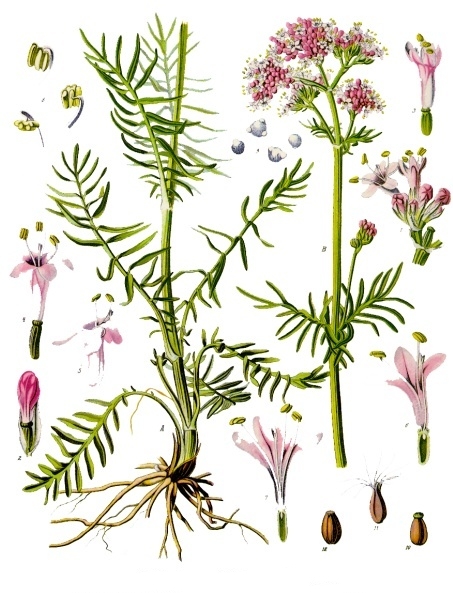
Natural Sleep Aids
Some opinions seem to be that eating too close to bedtime can keep you awake, but others suggest eating later is better.
From personal experience, the only time I've ever had trouble sleeping is when hungry. I'll have a hot malted drink, or a glass of milk and a small piece of bread, and I go right off to sleep. Of course this is occasional sleeplessness, not insomnia.
There are several herbs which will help relaxation and restful sleep. Give them a try, you may find one that helps you.
Chamomile. This can be bought prepared as a tea, or you can buy the dried flowers and leaves in a health food shop.
Use the bought teabags, or make your own infusion with the dried chamomile flowers, honey, and lemon balm or juice.
Chamomile can be drunk as tea or infusion, or placed in a sachet under your pillow. The infusion is most effective when drunk half an hour to an hour before bed. Chamomile contains chrysin, a flavonoid known to ease anxiety and help sleep. Chrysin is also found in passionflower, which can be used in the same way as chamomile.
Chamomile also has light antihistamine properties, which can help with congested sinuses, another cause of sleeplessness, and snoring. (Those with allergy to ragweed, aster or chrysanthemum may find they are allergic to chamomile too)
Lavender. Again, can be used as an infusion or in a sachet in your bed. Lavender's essential oil can be very calming when inhaled. Place a pot opened next to your bed, so you're breathing in the aroma all night, or dab a little onto your inner wrist at pulse point, or onto your chest. Rubbing into the feet is another good method, as feet absorb anything very quickly.
Test a spot on your skin first, as some people are allergic to this undiluted oil.
Lavender is very popular in aromatherapy, and the essential oil in your bath is very soothing and relaxing.
Valerian. Also known as St George's Herb, Amantilla, and Heal-all. This one is perhaps the best-known Herb for sleeping, as the top-selling natural supplement for this problem is the valerian capsule.
Valerian has been used for centuries to help sleeping. Hippocrates himself described it uses for insomnia, and it has been reported to have been used in ancient Greece and Rome. In the 16th century it was used to calm nerves, treat headaches, trembling, and heart palpitations. In the 19th century it was considered a stimulant, and very seldom used.
The English in World War II, used it to relieve stress during air raids.
Unlike the other herbs used for insomnia, valerian is best used long-term. Used on a regular basis, it will ensure regular patterns of deep relaxing sleep. As it has no harmful side effects, it can be used permanently for those who have suffered frequent bouts of insomnia, to help ensure it never occurs again. Try not to exceed 450 mg in 24 hours, as more could cause grogginess, with no added effect.
Fresh valerian root extract is even more effective than the dried valerian plant, again to be used either as an infusion or a sachet under the pillow.
Lemon Balm, belonging to the mint family, is an effective aid to sleep as it has a mild sedative action. It will make a tasty lemony tea, which drunk immediately before bed will be most effective.
Passionflower. Also known as Apricot vine, Granadilla, or Maypop it has been used as a sleep aid, tranquiliser, and even a substitute for tobacco as an aid to quit smoking.
It has all the properties and usefulness as chamomile, as well as acting as an antispasmodic to the muscles, including those of the digestive system, so helping digestion.
Having no side-effects, it can be used by children and the elderly without problems.
Honey. Honey also has a sleep inducing properties, the darker the colour the more antioxidants it contains. Added to herbal teas or infusions, it will add to their effectiveness. Taken in warm milk, it is a soothing aid to restful sleep, for all ages. A drop of vanilla extract will enhance taste, and help relaxation.
Oatmeal. Porridge oats are well known as a breakfast, but are extremely helpful in achieving relaxed, restful sleep.
Any carbohydrates with supper will aid sleep: potatoes, pasta, rice, oats, bread.
Fresh fruit before bed, or a high protein snack, will help the production of the sleep chemicals in the body.
Calcium and Magnesium capsules can be helpful in some cases, as they relax the muscles.
Not only caffeine and energy drinks will keep you awake, but drinking soft drinks full of sugar and additives won't help sleep either. One of these infusions, milk, or malted bedtime drink are best, or just water. If you're inclined to wake through the night to urinate, don't drink too much water before you go to bed, but keep a glass beside the bed to sip if you're thirsty.
Apart from what you can drink or eat to help you sleep, there are relaxation techniques that can help.
When you first lie down, stretch from the tips of your fingers to the tips of your toes, like a cat. The longer you stretch and the harder you stretch, the more relaxed you will feel immediately afterwards.
Relax your face: without realising it the muscles in your face will be tense. Relax that frown line, close your eyes and concentrate on relaxing the muscles in your face.
Put a finger on your brow bone between your brows, above your nose. Look up with both eyes, under closed eyelids, to the point where your finger sits. Remove your finger, but continued to look up with your eyes closed. This method, is going to work, will work immediately. Apparently our eyes roll upwards just before we fall asleep, so putting them in this position should quicken the sleep process. If it doesn't work in five minutes or so then it's not going to work. It works for some, not for others.
Many people have noted that warmth on the top, or crown of the head, will help them to get to sleep. Asking a partner to put their hand on the top of your head while you fall asleep may help. Placing a pillow upright between the headboard and your head, touching your head, will have the same effect.
Even a woolly hat! This warmth on the top of the head seems to be soothing, and have a soporific effect.
Another method is to lie on your back and relax every muscle in your body. Try to imagine each muscle in turn relaxing itself, starting from your feet, and working up through your legs, trunk, arms, neck and head. Feel yourself relaxing, and sinking into the mattress. Your breathing will begin to slow, as you relax.
Even if you don't sleep fully, or deeply, you will get up feeling a lot more refreshed.
If you are one who wakes several times during the night, try removing the clock, or turning it so you can't see it. Noting how short a time you've slept, or how many times you wake, will only make it worse.
Try a sleep mask, not only will this shield your eyes from any light which may wake you, but if you do wake will prevent you from seeing the clock.
Fresh air can be conducive to relaxed sleep, although you don't want to take too much exercise right before sleeping so walking last thing is not such a good idea.
Sleeping with the window open will be very helpful, but if it's too cold, stand at the window and take several deep breaths before going to bed.
A too warm bedroom is not good for relaxed sleep, keep your bedroom cooler than the rest of the house if you want to sleep well. You can always add an extra blanket or a thicker duvet. Make sure your feet are warm though, as cold feet will definitely keep you awake.
Avoid alcohol. You may think drinking helps you sleep, but it doesn't. Drinking too much will knock you unconscious, this is not sleeping, and definitely not relaxed sleeping. Alcohol will dehydrate you, as well, which will make you feel worse the next day.
A hot bath before bed is beneficial for two reasons; the bath itself is soothing and relaxing to our body, and after the bath our body temperature will drop, which is an aid to sleep.
Everyone is different, each person has a different reason why they're not sleeping, and each one will find the best remedy for themselves. The most important point is relaxation. When you find the method that works for you; relaxing you and removing stress and anxiety, you will sleep through the night without any problems, and wake the next morning feeling relaxed and refreshed.
A good, relaxing night's sleep is very important to our health, and insomnia is something which should not be ignored.
Relative hubs:

